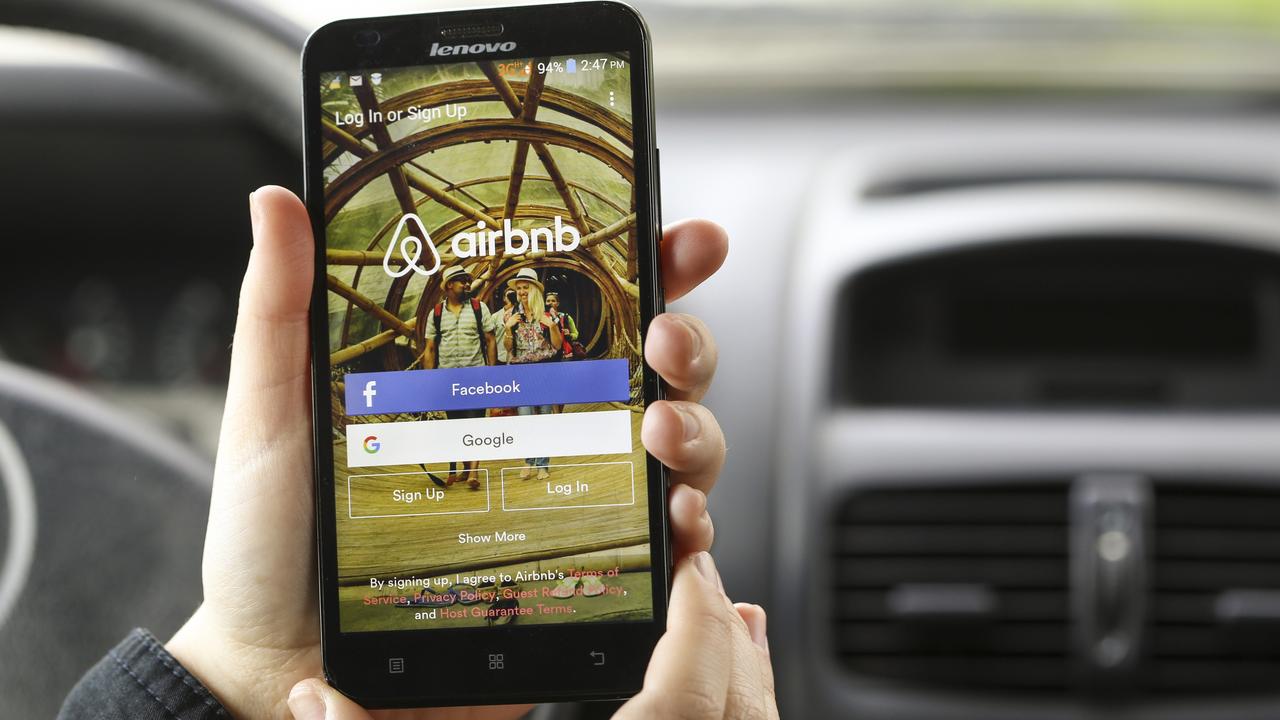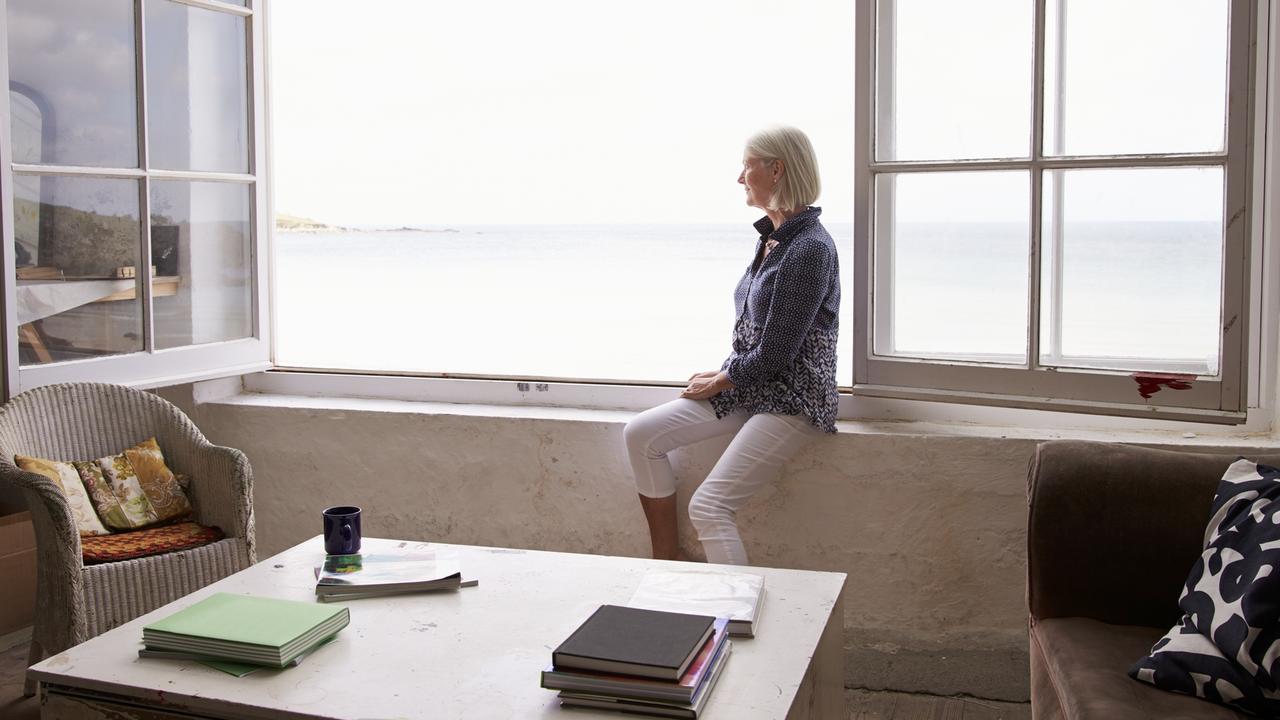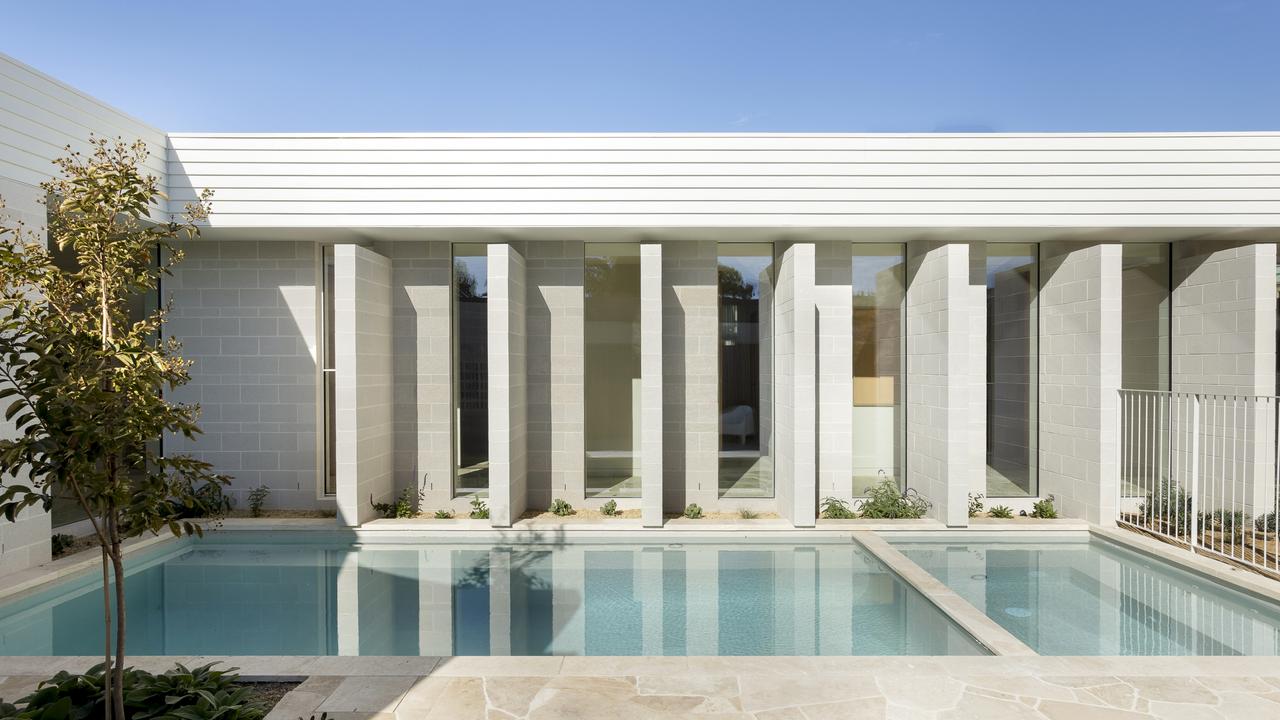Crunch time for Airbnb, short-term rentals
An Australian ban on foreign investors snapping up property might be welcome news to struggling house hunters but it will have unintended consequences.

A two-year ban policed by the tax office is set to hit Airbnb and the short-term rental market hard, an industry operator warns.
The ban which began on April 1 this year and runs through to March 31, 2027 is overseen partly by the Australian Taxation Office, with all foreign property buyers now unable to buy established dwellings in Australia “with limited exceptions”.
The ATO said “this includes temporary residents purchasing an established dwelling for use as a principal place of residence” which covers the likes of international students and contract workers, but operators fear the fallout will hit the holiday market hardest.
MORE: Shock as home quadruples in price since pandemic
Big bank’s huge rates call amid property confidence spike

But short-term rental property management firm Bodhitree Group managing director Seiko Ma warned the foreign investor ban will stunt availability of short-term rental accommodation in Australia for holidaygoers most.
She said foreign property buyers often bought homes for rental purposes, including Airbnb, which could see those numbers fall over the next two years.
“If fewer properties are available for short-term rental, it would be a significant loss for both the industry and the tourists who benefit from these unique lodging options,” she said.
“In my experience, local property owners tend to have different priorities compared to foreign investors. They are generally less likely to offer their properties for short-term rental.”
“Instead, they may choose to live in the property themselves or rent it out long-term. These factors could affect the flexibility, pricing, and availability of STR properties for tourists.”
MORE: Quirky solution to housing crisis
Artist builds Aus first aircrete dome home

“Tourists — whether travelling for work or leisure — will have fewer Airbnb options to choose from in certain cities or regions.”
“As a result, many may have no choice but to turn to traditional accommodation options like hotels or holiday apartments.”
Ms Ma said the rise of Airbnb and other short-term rentals had a “profoundly positive impact on the tourism industry”.
“Not only do they provide affordable, flexible options for both business and leisure travellers, many cleaners, gardeners and tradies have the opportunity to work close to home.”
“Tourists staying in Airbnb accommodations tend to spend money in different ways than hotel guests. They often cook their own meals, shop at local supermarkets, and visit cafes and other neighbourhood businesses.”

“Additionally, they are more likely to explore areas beyond traditional tourist hotspots, which leads to a broader distribution of tourism spending across the local community.”
According to the ATO, during the two-year ban period it was possible for foreign investors to buy established property only if they would demolish it to build at least 20 additional dwellings on the land within 4 years from the date of approval.
“We generally approve applications to buy and develop an established dwelling it if significantly increases Australia’s housing stock. This applies to development proposals to: retain an established dwelling; demolish an established dwelling, or redevelop vacant land that previously had a dwelling on it.”
But it said different rules applied to applications made from April 1 2025, where the established property being bought had to be vacant at settlement and no part of it was to be occupied until the new dwellings were complete.
When buying or selling residential land, foreign investors must also notify the Register of Foreign Ownership of Australian Assets, and may also need to pay additional taxes like a foreign investor surcharge duty and land tax depending on location and property type.
Originally published as Crunch time for Airbnb, short-term rentals



